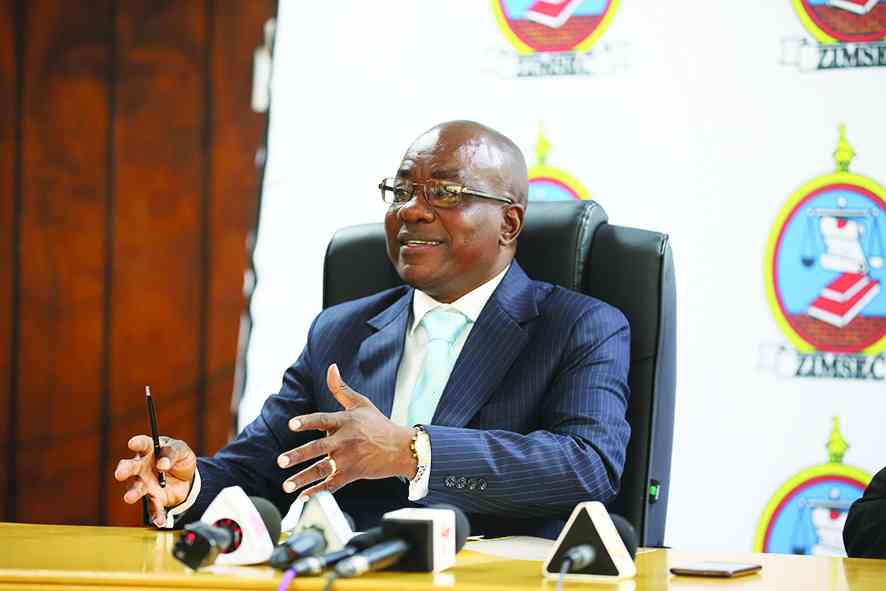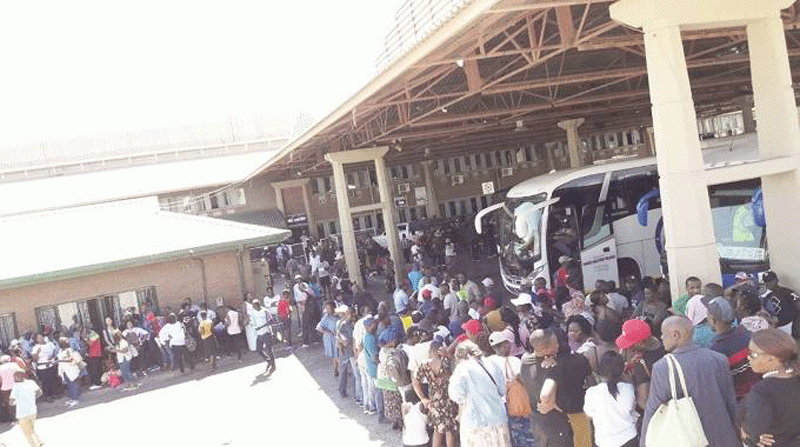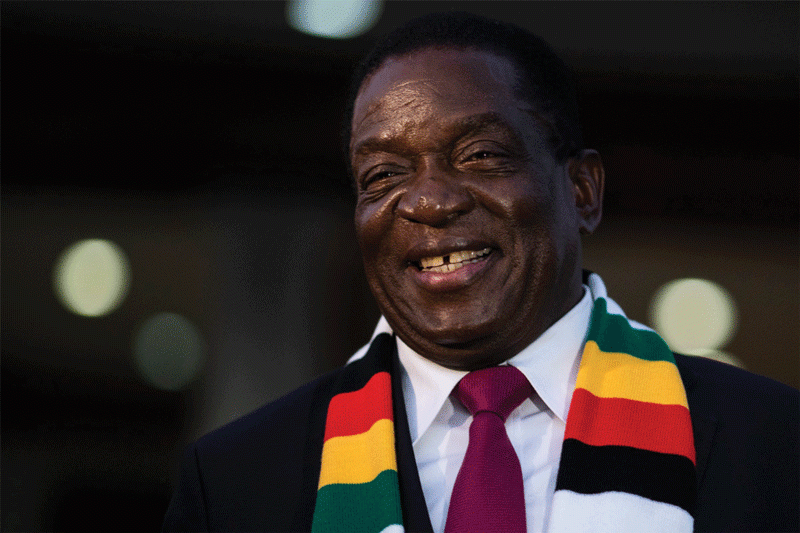
Paidamoyo Muzulu
ZIMBABWE has always toyed around with the idea of an imperial presidency since Ian Douglas Smith’s Unilateral Declaration of Independence on November 11, 1965.The late former President Robert Mugabe, using Zanu PF’s parliamentary majority, did not waste time in entrenching his imperial presidency by causing the enactment of constitutional amendment No.7 of 1987 that created the all-powerful Executive President.
Mugabe became a law unto himself. He was both the State and the government. He pushed to enact a one-party State, but spectacularly failed. However, Mugabe went on to rule Zimbabwe for 37 years, stamping his authority as a demi-god for 30 of those years until he was ousted in the November 2017 coup.
It is interesting to note that, between 2013 and his forced resignation, Mugabe’s powers had been trimmed significantly by the new Constitution enacted after the 2013 referendum. Some of the President’s powers were redistributed to other arms of the State, particularly Parliament and the Judicial Services Commission in relation to the appointment of independent commissions, judges and the Prosecutor-General (PG).
However, within a decade of what many called incremental gains of the 2013 Constitution, the Zanu PF regime is back to its old ways, seeking to create the all-encompassing and powerful Presidency. This time, the argument is not about entrenching democracy, but a longing to have a President like the one in most Sadc countries.
Justice minister Ziyambi Ziyambi told State-owned media that Cabinet had approved an Omnibus Constitutional Amendment Bill that, inter alia, seeks to entrench the powers of the President. In many ways than one, the regime is yearning to go back in time to 1987, moving away from the rhetoric that it wants to entrench democracy.
“The sweeping reforms will also establish metropolitan councils, which are a critical pillar to government plans to devolve State power; remove the running mates clause for Presidential elections (Section 92(2)); raising the retirement age for senior judges; and enabling the President to appoint the Prosecutor-General (Section 259(3)),” the State media reported.It is noteworthy that Zanu PF wants to remove the “running mates” clause even before it has been used for the first time.
The party, in its wisdom, says the clause creates two centres of power and would thus derail its programming. This is despite the fact that the clause would bring certainty about succession.
- Chamisa under fire over US$120K donation
- Mavhunga puts DeMbare into Chibuku quarterfinals
- Pension funds bet on Cabora Bassa oilfields
- Councils defy govt fire tender directive
Keep Reading
In other words, President Emmerson Mnangagwa would thus have the latitude to hire and fire his deputies, reshuffle them and keep everyone guessing about his next move. This would give him immense power and control over Cabinet.
The proposed amendment also speaks to raising the retirement age for senior judges at the Supreme and Constitutional Courts from the current 70 to 75 and exempting sitting judges from participating in public interviews for promotion. In one sweeping move, Mnangagwa’s regime is entrenching the status quo on the bench, a development I highlighted in my earlier article on Mnangagwa’s silent judicial revolution.
Mnangagwa, after fashioning the Judiciary to his liking, has sort of locked the door on any aspiring judges of the Supreme and Constitutional courts as he can now simply promote from the 20 he appointed, without subjecting them to public scrutiny.
After the brouhaha that accompanied Mnangagwa’s appointment of Kumbirai Hodzi as the PG, the rattled administration in its wisdom, wants to deal with the matter once and for all, particularly making it clear that the President can hire and fire the PG at whim.
“It is, therefore, proposed that the Constitution be amended by empowering the President to appoint the Prosecutor-General, and further the procedure of removal of a judge should not apply to the removal of a PG,” Ziyambi reportedly said.
Ziyambi was very clear that the changes would be done by April next year. If the party had its way it could have implemented the amendment yesterday, only for the small impediment of the Constitution. Zanu PF is confident its proposed amendments would sail through as it controls a two-thirds majority in Parliament. In other words, the opposition numbers are inconsequential to the issue.
“The Constitutional Amendment Bill has to be gazetted for three months. So we are hoping that by the time we go for Christmas, we should have sent it for gazetting so that by early April we would have introduced it for debate,” Ziyambi was quoted as saying.
The citizens of Zimbabwe have only one option to stop the imperial presidency through Section 328(4) of the Constitution. The section reads: “Immediately after the Speaker has given notice of a Constitutional Bill in terms of subsection (3), Parliament must invite members of the public to express their views on the proposed Bill in public meetings and through written submissions, and must convene meetings and provide facilities to enable the public to do so.”
This could be debatable; civil society, opposition and progressive forces in Zanu PF should come out and educate the nation why this Omnibus Constitutional Amendment Bill No. 2 must be stopped. It is a shame that no one spoke about the arbitrariness of Mugabe’s purported impeachment that did not conform to the Constitution. Can things, this time around, be different or the country has resigned to its fate to have an imperial king?











